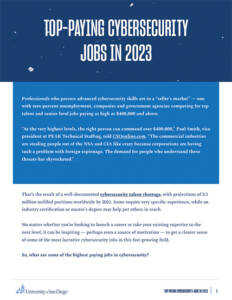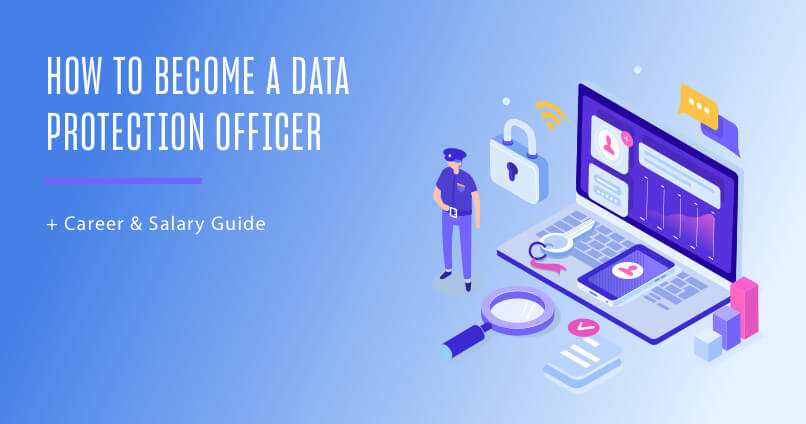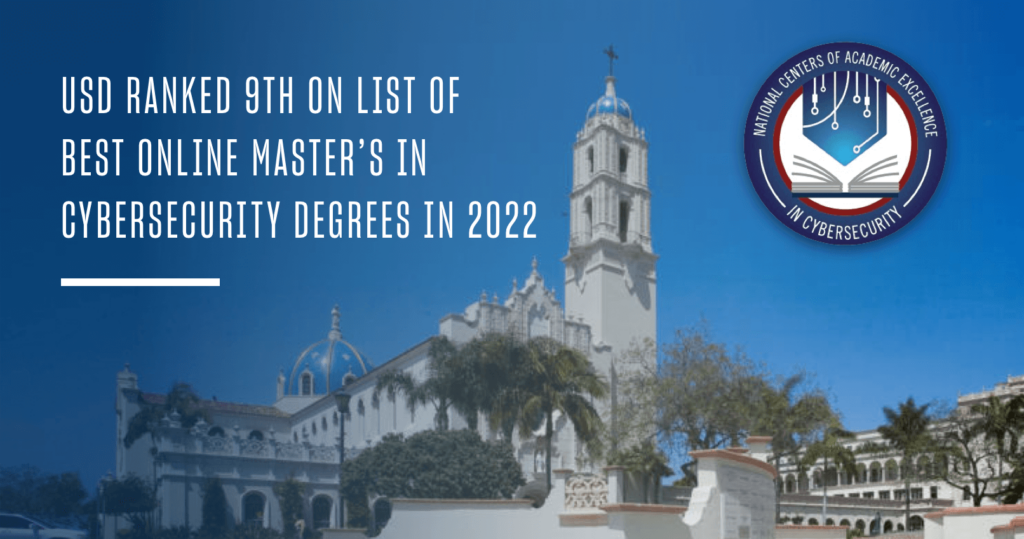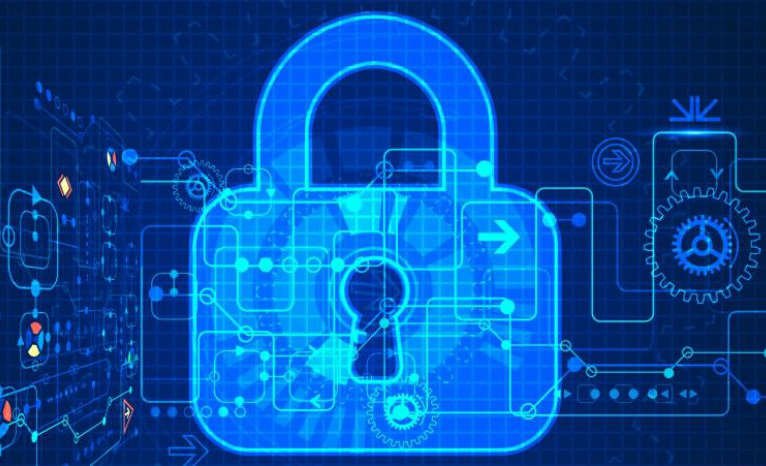Imagine embarking on a month-long road trip across America, interviewing the top thought leaders in your industry — and having the entire experience documented on video. That’s exactly what Mansi Thakar, a USD graduate student working on her cyber security master’s degree, just did. Sponsored by Road Trip Nation and University of Maryland University College, Mansi was one of three road-trippers selected from over 1,000 applicants to take part in the “Cyber Road Trip,” which will be turned into a one-hour documentary and featured on PBS this spring. “It was a once in a lifetime experience,” said Mansi.
Mansi, who has an undergraduate degree in Chemistry, decided to switch paths and move into cyber security after her mother’s email was hacked. She became intrigued with the field and realizing how transferable a degree in the discipline would be, she decided to make the move and begin to work towards her graduate degree in Cyber Security Operations and Leadership through the University of San Diego’s online program. You can read more about Mansi in a previously written piece which profiles her experience at USD and her views on the industry, here.
The Road Trip Begins
In November, the group of five —two videographers and three road-trippers — boarded an RV, which would be their home for the next month, and began a journey that would transform Mansi’s ideas about her future and help dispel many myths about the often misunderstood cyber security field — a field that has witnessed job growth increase 73 percent over the past five years and that is growing 12 times faster than the average American industry.
Traveling from New York to Washington DC to New Orleans to Austin to San Francisco to Los Angeles and finally to Seattle, this group of intrepid information security hopefuls found inspiration from the words of the people who had come before them, the ones who had laid the foundation and found great success in moving the information security industry forward.
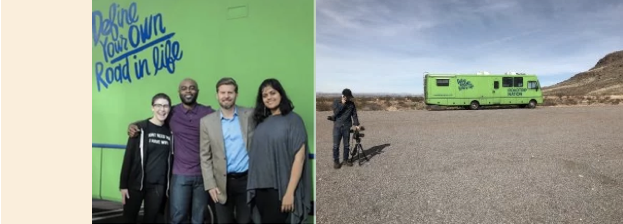
Meeting the Behemoths of Cyber Security
A typical day on the road began around 6am, often in a new state and a new RV park. Then it was off to meet the trailblazers, the people who had made their way to the top of an industry that has become critical to the security of our entire country and that is experiencing a major talent shortage — an industry that these three road-trippers want to be a part of.

During their time on the road, the team talked to roughly 15 industry leaders, from security analysts to CEOs at some of the biggest organizations in the field including Microsoft, NSS Labs, JP Morgan Chase and IBM. “Almost every single one of the leaders we spoke to touched on the importance of education,” said Mansi.
Ben Brown of Akamai Technologies, whom the team was able to sit down with in New Orleans at the Threat Intelligence Summit, emphasized the importance of education, noting that the talent gap in cyber security was due in large part to the lack of education and digital literacy.
Rohan Amin, Global Chief Information Security Officer at JPMorgan Chase and Co., shared his view on the importance of continuous learning and education and the role it plays in his hiring decisions, explaining that demonstrating continuous learning, more than the degree itself, proves you are committed. Amin remarked that he does not only hire people with degrees, but that a degree shows commitment, perseverance, and persistence.
In addition to emphasizing the importance of education, the leaders had another common message for the road-trippers: You don’t need to have an undergraduate degree or a background in cyber security to work in the industry. In fact, many of the leaders explained how some of the best candidates for the field come from diverse, non-technical backgrounds. The more life experience you get the better, they explained, and when people come from different backgrounds, they often bring with them a different perspective that can be hugely beneficial. In fact, many of the leaders themselves came from varying backgrounds.
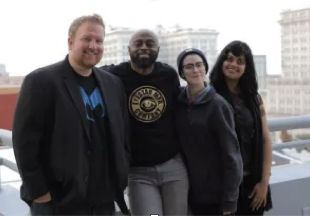
“Ben Brown from Akamai Technologies, was an anthropology major in college,” said Mansi. “Now he looks at the motivation and thought process behind cyber crime gangs.” Zoe Krumm of Microsoft came from a psychology & secondary education background and now works with big data to uncover and enforce against cyber crime. “I used to always think that I was at a disadvantage because my undergrad degree (in chemistry) and my graduate degree in cyber security operations don’t have anything in common. But during this road trip I spoke with all these different leaders who came from varying backgrounds and I learned that they believed that coming from a different path actually made you better at info security,” remarked Mansi.
Beyond their advice which seemed to follow a common thread of education and diversity, the leaders all shared similar attributes which they had worked to develop over the years and which they all believed contributed to their success. The two most cited attributes being persistence and passion. Mansi recalls one Window Synder, Chief Security Officer of Fastly, commenting on the importance of passion, explaining that if security is your passion, no matter what, no matter where you come from, you should get into the field. But if security is not your passion, you should get out. “It touched me because though other leaders mentioned that passion was key, she was the first to directly just ask us ‘are you passionate about Security?’” explained Mansi.
After 25 days on the road, winding their way from the East Coast to the West, the crew culminated their trip in a fitting fashion, at the Microsoft headquarters in Seattle. The road-trippers toured the Cyber Defense Operations Center, interviewed Kristina Laidler, the Principal Security Manager for the C+E Security group, Alex Harmon, a senior security analyst with the Microsoft Security Response Center (MSRC), and Zoe Krumm, Senior Business Intelligence Manager at Micrososft.
“I’ve been saving their words as fuel,” remarked Mansi. “Now that we are back into real life I can draw on their wisdom as inspiration and guidance moving forward.”
Life After the Cyber Road Trip!
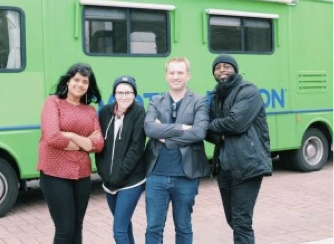
“Because of this trip I have taken formative steps toward defining my niche in the field,” said Mansi. “The trip definitely helped shape my path. Before the trip I didn’t really know what area I wanted to focus on within cyber security. Because of this road trip I am now clearly able to identify the intersection where I see myself upon graduation, which is entrepreneurship, education and artificial intelligence.”
Due in part to the relative “newness” of the industry and the technical nature of the profession, there are many misconceptions about the field that can deter people from entering a career in cyber security. Part of the road-trippers’ mission while on their month-long expedition was to debunk the many myths surrounding the cyber security field. “On the trip I became aware of the need to bring awareness to the industry,” said Mansi. “We throw out all these words and these terms, but there is often a technical aspect that people don’t truly understand. There is a rift between the technical and the non-technical.”
Upon returning from the trip, Mansi joined the Girls Inc. of San Diego County Board of Trustees as STEM committee chair in an effort to act upon her realization that awareness is critical. As STEM chair Mansi hosts coding parties for high school girls in San Diego County, teaching them how to code and hoping to ignite their interest in computer science. “Many people don’t feel comfortable with coding or think computer science is for ‘other people.’ My main goal through these parties is to show that everyone can code,” explained Mansi.
In addition to her work with Girls Inc., Mansi is working through a framework with Lisa Jiggetts, founder, president and CEO of the Women’s Society of Cyberjutsu, to start a West Coast chapter. Mansi and Jiggetts, who was recently named one of the top 50 women in internet security, met during the cyber road trip. “They hold a lot of workshops and events on the East Coast, but nothing on the West Coast,” said Mansi. “I told her we needed a chapter in Southern California! And she was so responsive! Now we are working through this framework together.”
“All of this, the road trip and everything I am learning, is mainly due to the foundation that I have received from the University of San Diego’s Master of Science in Cyber Security Operations and Leadership program. Without this program I wouldn’t know anyone in the field,” said Mansi. “As a result of this trip and my cyber security master’s degree studies with USD, I have gained an immense amount of knowledge. USD has given me the foundation and this trip has given me the confidence and ignited my passion even further. Now, I want to pass on the knowledge I have received. The more we pass it on, the more we can build this community.”
You can catch the full documentary on PBS this spring. Check RoadtripNation.com for updates. And you can read the full account of Mansi’s road trip on her blog.

